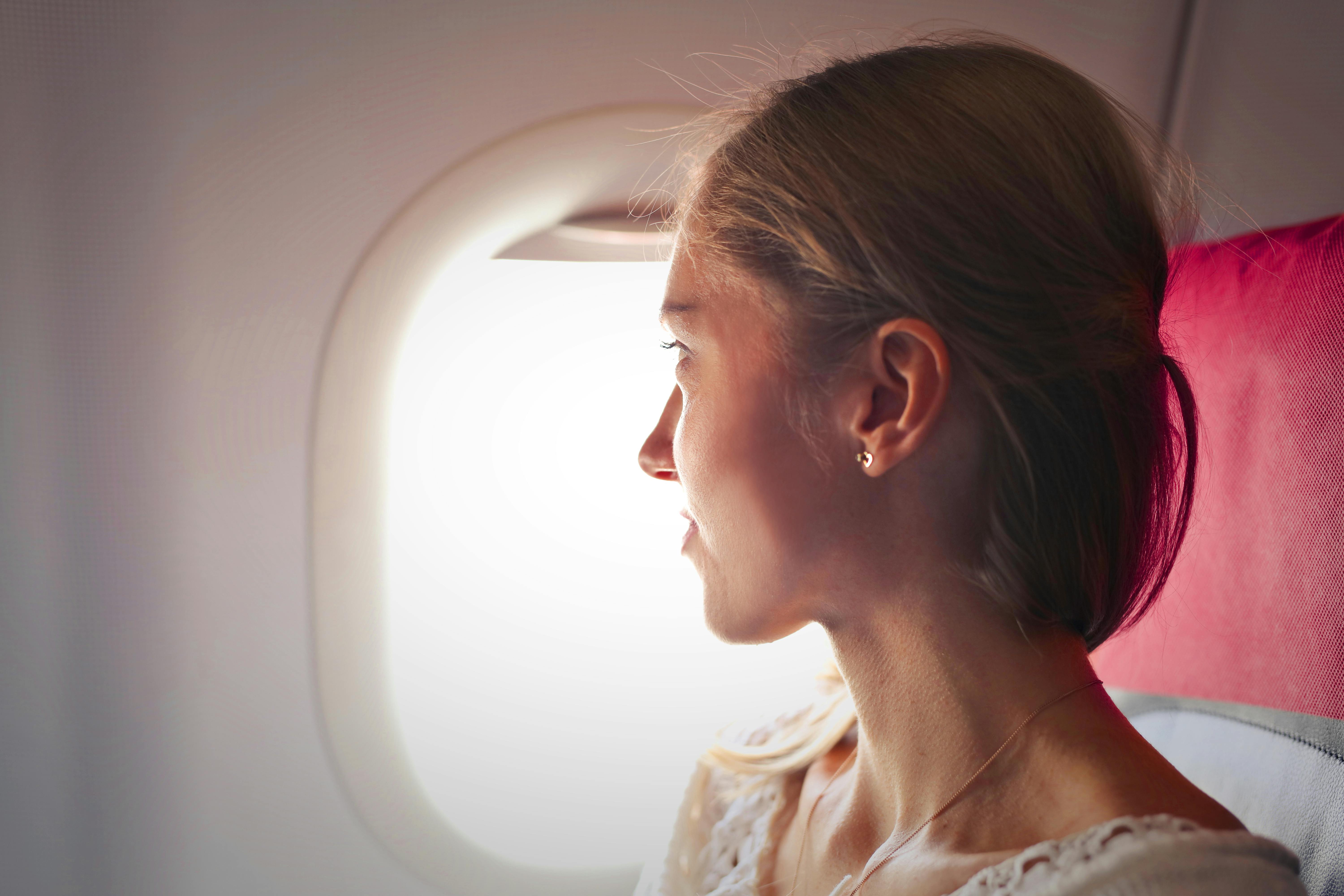Essential Travel Tips: How to Handle Getting Sick on a Plane - 4 minutes read
Getting sick on a plane can be a distressing experience, whether it’s due to motion sickness, travel stress, close proximity to others, or dry cabin air. In such confined spaces, knowing how to manage and alleviate symptoms promptly is crucial not only for your comfort but also for the consideration of fellow passengers and crew. From common reasons why sickness strikes to understanding how to manage the situation, this guide explores essential steps to take if illness hits mid-flight, ensuring you can navigate such situations with confidence and care.
Common Reasons for Getting Sick on a Plane

Several factors can influence the likelihood of getting struck by sickness mid-flight, including:
- Motion Sickness: The movement of the plane, especially during turbulence, can trigger motion sickness in susceptible individuals.
- Air Quality: The dry and recirculated air in the cabin can lead to dehydration and discomfort, exacerbating conditions like dry skin, nasal congestion, and throat irritation.
- Jet Lag: Crossing time zones can disrupt the body’s internal clock (circadian rhythm), leading to fatigue, sleep disturbances, and general discomfort.
- Stress and Anxiety: Flying can be stressful for some people due to fear of flying (aerophobia), claustrophobia, or anxiety related to travel.
- Close Proximity to Others: Being in close proximity to other passengers can increase the risk of exposure to infectious diseases, especially during flu season or in cases of outbreaks.
- Poor Hygiene Practices: Not washing hands frequently or touching surfaces that may harbor germs can increase the risk of contracting infections.
- Altitude Effects: Changes in air pressure and oxygen levels at high altitudes can affect individuals with respiratory conditions or cardiovascular issues.
- Food and Water Quality: Consumption of food or water that may not be handled or stored properly can lead to gastrointestinal issues.
- Pre-Existing Conditions: Individuals with underlying health conditions, such as heart disease, diabetes, or respiratory disorders, may experience exacerbated symptoms during flights.
- Environmental Factors: Unpredictable factors, such as extreme temperatures, turbulence, or delays, can add to the stress and discomfort of flying.
To minimize the risk of getting sick on a plane, it’s important to stay hydrated, practice proper hygiene, manage stress levels, and take necessary precautions based on personal health conditions.
Managing Sickness Mid-Flight

If you notice symptoms while flying, here are some tips to help you manage the situation effectively:
- Notify the Flight Attendant: As soon as you feel unwell, inform a flight attendant. If this happens often, let them know beforehand. They are trained to handle medical emergencies and can provide assistance or summon medical professionals if needed.
- Assess Your Symptoms: Evaluate your symptoms and inform the flight attendant of any specific concerns or conditions you may have. This can help them provide appropriate assistance. It helps everyone involved to stay aware without surprises.
- Stay Calm and Rest: Try to remain calm and relax in your seat. If possible, recline your seat slightly and use pillows or blankets to make yourself more comfortable.
- Hydrate: Water is life. Drink water or other non-alcoholic beverages to stay hydrated. Dehydration can worsen symptoms and affect your recovery.
- Use Medications: If you have medications with you for conditions like allergies or chronic illnesses, take them as directed. Inform the flight attendant of any medications you take regularly.
- Use an Air Sickness Bag, if Necessary: If you feel nauseous or need to vomit, use the air sickness bag provided in the seat pocket or ask a flight attendant for one. Don’t worry, you are not alone. The flight attendants have seen more people getting sick on a plane than days off.
- Seek Medical Attention: If your condition worsens or if you have a pre-existing medical condition that requires immediate attention, the flight crew can coordinate with medical professionals on the ground for further assistance.
- Follow Up After Landing: Once the plane lands, seek medical attention if necessary. Sometimes, the effects persist for days. If you have ongoing symptoms or concerns, visit a healthcare provider as soon as possible.
It’s essential to communicate openly with the flight crew about your condition so they can provide the best assistance possible. Airlines are equipped to handle medical emergencies and have protocols in place to ensure passengers receive appropriate care.
Featured image: nadia_bormotova/iStock
